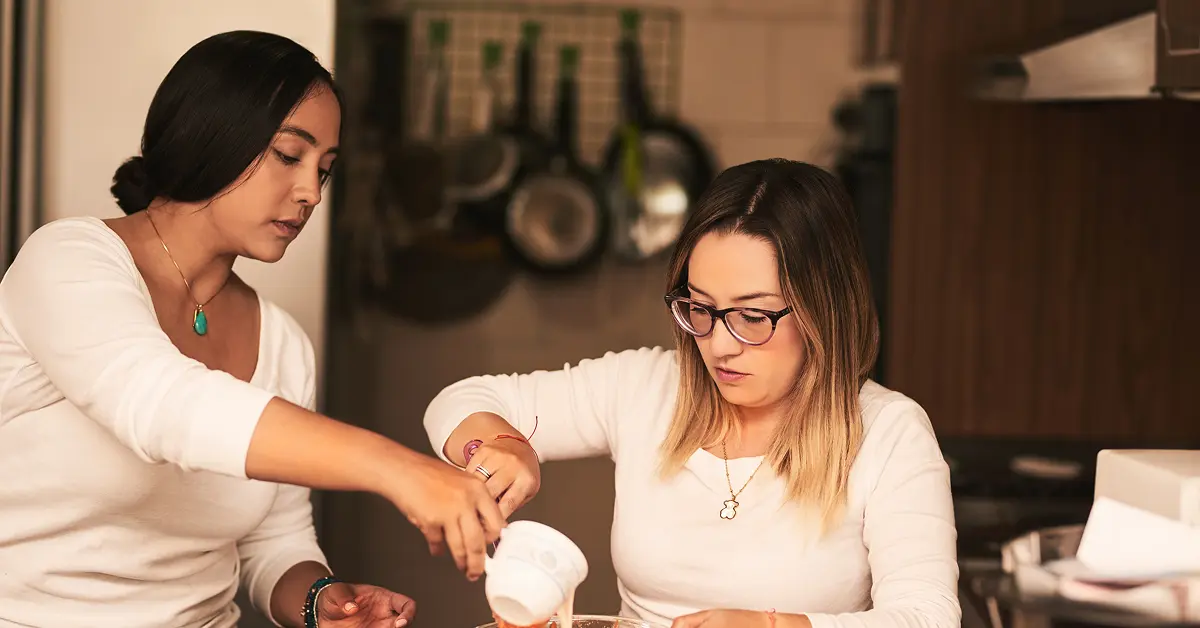Caring for an Elderly Care Services loved one is a responsibility that requires patience, understanding, and compassion. Whether your parent, grandparent, or another elderly family member needs occasional help or full-time care, finding the right caregiver can make all the difference. A good caregiver provides not only physical assistance but emotional support that helps seniors maintain their dignity, independence, and quality of life.
However, choosing the right elder caregiver can be challenging. It involves more than just hiring someone who is available; it requires careful consideration, planning, and research. Here are the essential steps to help you find the perfect caregiver for your elderly family member.
Assess the Needs of Your Elderly Loved One
Before starting your search, the first step is to clearly understand the specific needs of your elderly family member. This includes:
- Medical needs: Does your loved one require medication management, wound care, or help with mobility?
- Personal care: Do they need assistance with bathing, dressing, grooming, or toileting?
- Companionship: Would they benefit from social interaction, help with hobbies, or emotional support?
- Household tasks: Will the caregiver assist with cooking, cleaning, shopping, or transportation?
Write down a detailed list of required tasks and frequency. Understanding these needs will help you narrow down caregivers with the right skills and experience.
Decide on the Type of Care
There are different caregiving options based on your loved one’s needs and budget:
- In-home caregivers: Provide care within the elderly person’s home, ideal for maintaining familiarity and comfort.
- Live-in caregivers: Reside with the senior to provide round-the-clock assistance.
- Part-time caregivers: Help for a few hours or days per week.
- Agency vs. independent caregivers: Agencies vet and manage caregivers, while independent caregivers may be less costly but require more oversight.
Evaluate your loved one’s preferences, budget, and the level of care needed to decide the best option.
Seek Recommendations and Do Your Research
Start by asking family, friends, doctors, or social workers for recommendations. Trusted referrals can often lead to reliable caregivers.
Additionally, research online caregiving platforms, local elder care agencies, and community resources. Check reviews and ratings to find reputable providers.
Remember to verify credentials, certifications, and licensing if applicable. In India, for example, certifications like CPR training and experience in elderly care are valuable indicators of competence.
Interview Potential Caregivers Thoroughly
Once you have a shortlist, schedule interviews with potential caregivers. Prepare a list of questions that cover important areas such as:
- Experience with elderly care and specific medical conditions.
- Ability to handle emergencies.
- Flexibility in scheduling.
- Willingness to perform specific tasks.
- Communication style and personality.
Observe how the caregiver interacts with your elderly family member during the interview. A caregiver’s demeanor and empathy are just as important as their skills.
Conduct Background Checks
Safety is paramount when hiring an elder caregiver. Always conduct comprehensive background checks to verify:
- Criminal records.
- Employment history.
- References from previous clients.
- Driving records, if transportation is involved.
If you hire through an agency, they usually handle background screening. For independent caregivers, you may need to use third-party services or conduct your own checks.
Arrange a Trial Period
Before making a long-term commitment, arrange a trial period to see how well the caregiver fits your family’s needs. During this time:
- Monitor the caregiver’s punctuality and reliability.
- Observe the quality of care and how your loved one responds.
- Check if the caregiver follows instructions and handles tasks efficiently.
- Ensure your elderly family member feels comfortable and safe.
This period allows you to make any necessary adjustments or consider other candidates if needed.
Set Clear Expectations and a Care Plan
Once you select a caregiver, it’s essential to have a clear agreement that outlines:
- Work hours and schedule.
- Duties and responsibilities.
- Compensation and payment terms.
- Emergency procedures.
- Privacy and confidentiality agreements.
Also, create a detailed care plan that lists medical instructions, dietary needs, medication schedules, and emergency contacts. This will help the caregiver provide consistent and informed care.
Communicate Regularly and Provide Feedback
Open communication with the caregiver is key to successful elder care. Schedule regular check-ins to discuss:
- Any changes in your loved one’s condition.
- Challenges or concerns from the caregiver.
- Suggestions to improve care.
Encourage the caregiver to report incidents or health changes immediately. Positive feedback and constructive criticism help maintain a healthy working relationship.
Support Your Caregiver
Caregiving can be physically and emotionally demanding. Support your caregiver by:
- Providing necessary supplies and equipment.
- Offering training opportunities if needed.
- Respecting their time off and personal boundaries.
- Showing appreciation for their efforts.
A motivated and well-supported caregiver will provide better care for your loved one.
Plan for Emergencies and Backup Care
Even the best caregivers may occasionally be unavailable due to illness or emergencies. Plan ahead by:
- Identifying backup caregivers or agencies.
- Preparing an emergency contact list.
- Keeping medical and legal documents accessible.
Being prepared ensures continuous care and peace of mind for you and your family.
Conclusion
Finding the right elder caregiver is a crucial step toward ensuring the health, happiness, and comfort of your elderly loved one. By carefully assessing needs, researching candidates, conducting interviews and background checks, and maintaining clear communication, you can choose a caregiver who will provide compassionate and reliable support.
Remember, caregiving is a partnership that requires trust and respect from both sides. Taking the time to find the right match will create a positive environment for your loved one to age with dignity and grace.
If you need assistance or guidance in hiring elder caregivers, professional elder care agencies and consultants can provide valuable support to simplify this important process.
Contents
- Assess the Needs of Your Elderly Loved One
- Decide on the Type of Care
- Seek Recommendations and Do Your Research
- Interview Potential Caregivers Thoroughly
- Conduct Background Checks
- Arrange a Trial Period
- Set Clear Expectations and a Care Plan
- Communicate Regularly and Provide Feedback
- Support Your Caregiver
- Plan for Emergencies and Backup Care
- Conclusion
Our 24*7 services
Latest Posts
- What Is Respite Care and Why Is It Important
- Affordable home care for senior citizens in India
- Caring for Seniors with Dementia or Alzheimer's at Home
- Senior Caregiving A Guide for Every Family
- How to Write a Caregiver Resume That Gets You Hired
- How Care After Hospital Discharge Speeds Up Recovery at Home
- How to Get Home Health Care for Seniors Through Medicare
- What Does a Senior Citizen Caregiver Really Do at Home
- How to Care for Elderly Parents with Alzheimer’s or Dementia
- How to Get 24-Hour Care for Seniors at Home



